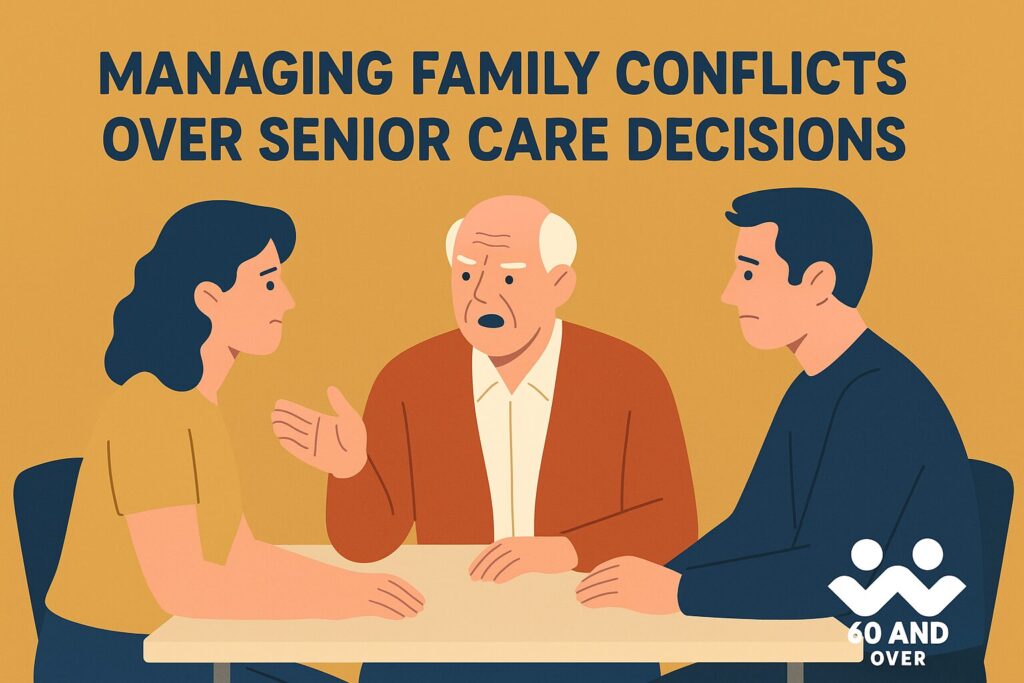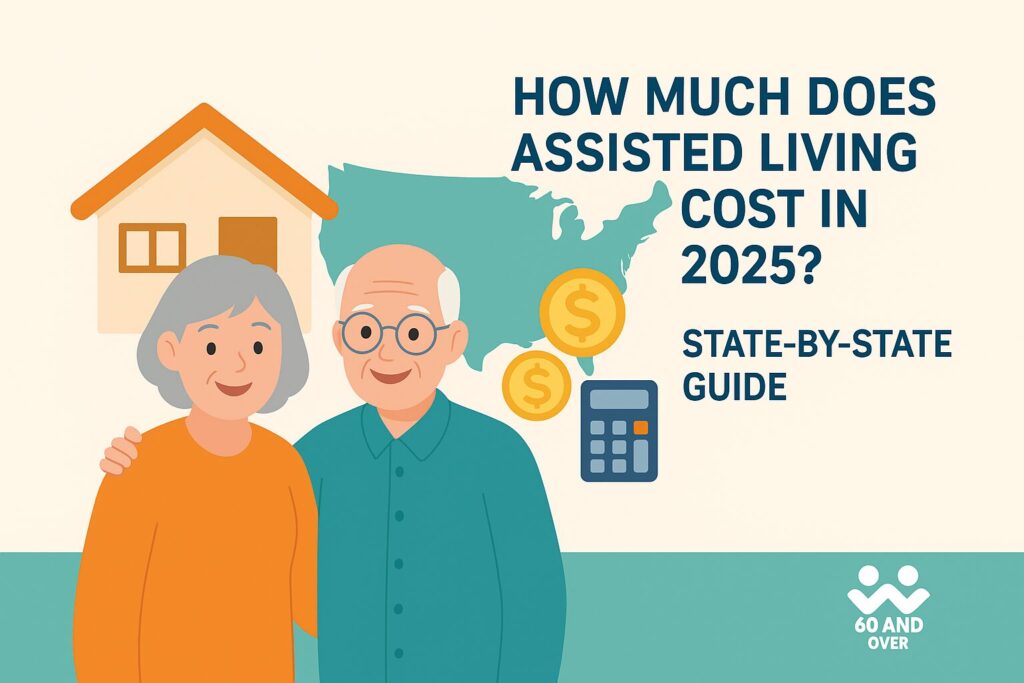Making decisions about senior care is rarely simple. Families often face disagreements about living arrangements, medical treatments, or financial responsibilities. For adults over 60, these conflicts can feel especially heavy when the decisions involve their own care.
While the goal is always to ensure safety and well-being, differences in opinion among children, siblings, or extended family can create tension. This article explores why these conflicts arise and how families can manage them with empathy, clarity, and respect.
Why Conflicts Arise in Senior Care
Family members usually want what’s best for their loved one, but perspectives differ. One sibling may focus on financial practicality, while another prioritizes emotional comfort. Stress, guilt, and long histories of family dynamics often add to the difficulty. Recognizing the root causes of disagreement is the first step toward resolution.
Some of the most common causes include disagreements over living arrangements, disputes about who takes on caregiving responsibilities, financial disagreements about costs of care, and differences in opinion about medical treatments. Without open communication, these issues can quickly turn into resentment.
The Importance of Open Communication
Communication is the foundation of resolving family conflicts. Seniors and their adult children must feel safe to express their feelings and concerns without judgment. Avoiding conversations or keeping opinions hidden often leads to misunderstandings. Instead, structured discussions create clarity and reduce emotional strain.
Families can improve communication by setting up regular family meetings to discuss care updates, allowing each person time to speak without interruption, and encouraging respectful language even when emotions run high. Creating a safe space for dialogue ensures that all voices are heard, including the senior’s own perspective.
Putting the Senior’s Voice at the Center
One of the biggest mistakes families make is making decisions without directly involving the senior whose care is being discussed. Adults over 60 should have a voice in their own future. When their preferences are prioritized, conflicts tend to lessen because everyone is working toward honoring their wishes.
This may include asking seniors where they feel most comfortable living, considering their input on medical treatments, and discussing their financial boundaries openly. Even when full independence is not possible, involving seniors helps preserve dignity and reduces feelings of helplessness.
The Role of Neutral Third Parties
Sometimes family members cannot find common ground on their own. In these cases, bringing in a neutral third party can help guide the conversation. Professionals can provide expertise while removing emotional baggage from discussions.
Examples include elder mediators who specialize in family care disputes, social workers who can help explain care options, and medical professionals who provide unbiased perspectives on health needs. Neutral parties ensure that decisions are made with facts and fairness, rather than emotion alone.
Balancing Caregiving Responsibilities
Disagreements often occur when one family member feels they are doing more than others. Caregiving can be overwhelming, especially if siblings live in different locations or have different levels of availability. Creating a fair plan for caregiving reduces resentment and ensures the work does not fall on just one person.
Families can share responsibilities by dividing tasks such as managing appointments, finances, or transportation, rotating caregiving visits when possible, and offering financial support if someone provides most of the hands-on care. Recognizing and appreciating each person’s contribution also strengthens cooperation.
Addressing Financial Disagreements
Money can be one of the most difficult topics in senior care. From paying for assisted living to covering home modifications, financial disagreements are common. Without transparency, family members may feel unfairly burdened or left out of the decision-making process.
Families can ease financial tensions by creating a clear plan for how expenses will be divided, exploring insurance and benefit options together, and holding regular discussions to review costs and budgets. Financial planning tools and advice from professionals can also help clarify responsibilities.
Planning Ahead to Reduce Conflict
The best way to reduce family conflict over senior care is to plan early, before a crisis forces rushed decisions. Conversations about care preferences, living arrangements, and financial planning should happen while the senior is still able to participate actively.
Planning ahead allows families to put wishes in writing, research care options without urgency, and make gradual adjustments rather than sudden, stressful changes. Early preparation ensures that decisions are proactive instead of reactive.
Conclusion
Family conflicts over senior care decisions are challenging but manageable. By focusing on communication, involving the senior, using neutral professionals when needed, and planning ahead, families can navigate disagreements with greater compassion and clarity. The ultimate goal is to ensure that seniors feel supported, respected, and cared for—while keeping family relationships intact.





